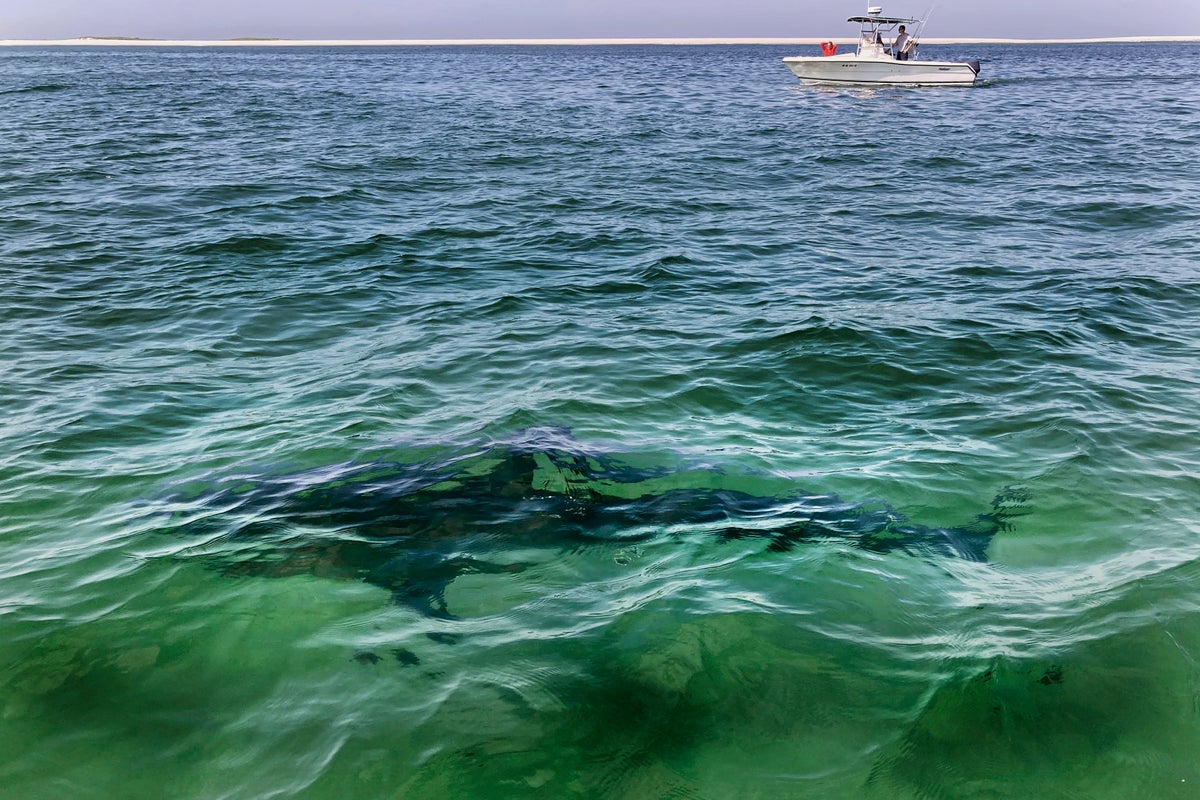
A lifeguard in Long Island was bitten by a shark during a training exercise, according to local officials.
Zach Gallo was training with other lifeguards and acting in the role of a drowning victim when a shark bit him on the chest and hand.
The attack happened around 10.15am at Smith Point Beach, prompting the suspension of swimming at that beach as well as Cupsogue Beach.
County Executive Steve Bellone told Fox 5 New York that Mr Gallo had received stitches and was recovering in "very good spirits."
"If you're going to have an encounter with a shark this is probably the best scenario you could have," Mr Bellone said, noting that other lifeguards at the training with Mr Gallo immediately rushed to save him. "We have never had an incident like this occur. Hopefully, we never will again."
Mr Gallo recalled the attack, saying he believed the shark was between four and five feet long.
“I felt sharp, sharp pain and I knew it was some kind of … once I felt the rubbery texture, I knew it was some kind of shark,” Mr Gallo told WCBS-TV.
He said he fought off the shark by punching down on its head.
“I hit the shark three times. I went boom, boom, boom,” he said. “I guess on the third one it spun back and its tail hit me in the chest.”
Shortly after the attack there was another shark sighting in the same area, though it is unclear if it was the same shark or a second animal.
Officials said they would reopen the beach Monday with additional observers in place to watch for sharks.
Though still extremely rare, shark sightings near Long Island have increased in recent years, primarily as a result of climate change.
Ocean temperatures are rising due to the climate crisis. This allows for animals that previously would not bee seen off the coast of Long Island to move into the area. Wildlife experts believe new types of sharks, including tropical hammerheads, could be spotted off the coasts in the next few years.
Three days before the Long Island shark attack, another swimmer in the area received a large laceration to their foot, leading some officials to believe the swimmer had been bitten by a shark.
The state currently uses drones to track sharks, and will expand its drone program.







